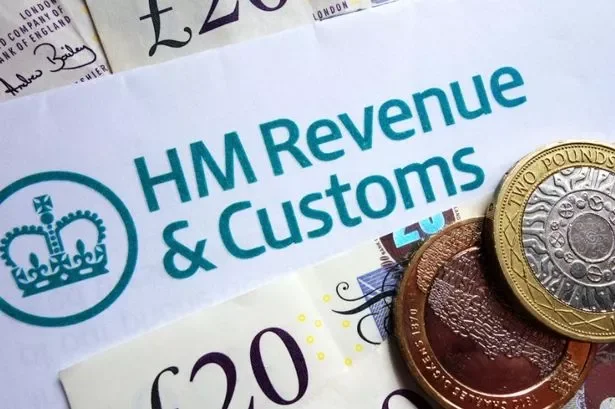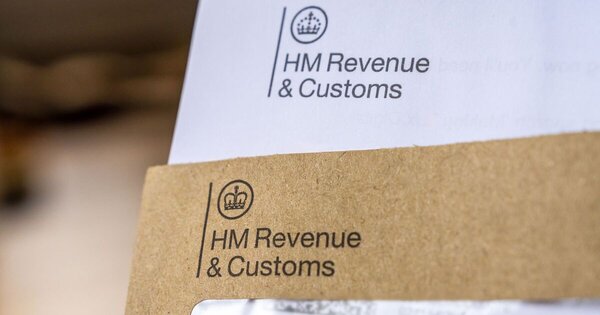Introduction
UK benefit claimants are being advised to prepare for adjustments to their payment dates in December, as public holidays for Christmas and New Year are set to affect usual schedules.
The Department for Work and Pensions (DWP) and HM Revenue and Customs (HMRC) have highlighted that recipients of Universal Credit, Child Benefit, Tax Credits, and other state benefits in England and Wales may experience earlier payments due to upcoming bank holidays. With Christmas Day on Thursday 25 December, Boxing Day on Friday 26 December, and New Year's Day on Thursday 1 January, standard benefit payment routines will not apply on these days.
These adjustments are in line with established practices, although official confirmation from the DWP for 2025 was pending at the time of review. This overview details the measures in place and provides guidance for claimants.
Overview of Festive Bank Holidays
The festive season in the UK brings three significant bank holidays: Christmas Day, Boxing Day, and New Year's Day. In 2025, these fall on Thursday 25 December, Friday 26 December, and Thursday 1 January, respectively.
On bank holidays, most government departments, including those responsible for benefit payments, are closed and do not process transactions. This can result in routine payments being issued on alternative dates. Historically, whenever a benefit payment date coincides with a bank holiday, the government processes the transfer on the last working day prior to the closure.
For December 2025, this means benefits scheduled for the Christmas or Boxing Day bank holidays are expected to be paid on Wednesday 24 December.
Which Benefits Are Affected
The main benefits impacted by the December and New Year bank holidays include Universal Credit, Tax Credits, Child Benefit, and other payments distributed by DWP and HMRC.
Universal Credit is usually paid monthly on the same date, while Child Benefit and Tax Credits follow their own cycles, often being distributed every four weeks or weekly. For those whose payments are scheduled for days when banks are closed, receipt of funds can occur not only ahead of schedule but also with a longer interval before the next routine payment.
Claimants receiving more than one type of benefit should review each for any unique rescheduling.
Likely Payment Date Adjustments
DWP and HMRC have not released their finalised 2025 payment calendars at the time of writing. However, standard procedure is for benefits due on Christmas Day or Boxing Day to be paid on the preceding working day, Wednesday 24 December.
Similarly, payments timed for New Year's Day are often advanced to Wednesday 31 December. Claimants are encouraged to check their award notifications and bank statements carefully. Early payments may help avoid delays caused by bank closures, but can also mean a longer wait for subsequent instalments.
Payment Frequencies and Implications
Universal Credit is generally paid once per month, on the same date for each claimant. Tax Credits can be delivered weekly or four-weekly, depending on the claimant's preference.
Child Benefit is typically paid every four weeks, most commonly on a Monday or Tuesday. Because bank holidays can cause earlier payments, recipients will need to carefully manage their finances to ensure funds cover the longer period before their next payment.
Budgeting advice is routinely recommended during these periods of adjusted payment frequency.
What to Do if a Payment Is Missed
If a scheduled benefit payment does not reach a claimant on the expected date, the first step is to cross-reference the award notice and check the linked bank account. Should the payment still be missing after this verification, individuals are advised to contact the relevant helpline.
Claimants should be aware that DWP and HMRC helplines are unlikely to operate during bank holidays, potentially resulting in delays in resolving any issues. Planning ahead and monitoring communications from benefit agencies is therefore crucial.
Final Summary
In summary, claimants of Universal Credit, Child Benefit, Tax Credits, and other state benefits should expect earlier payments in December if their usual date falls on a bank holiday.
While the Department for Work and Pensions and HM Revenue and Customs have established protocols for these occurrences, claimants are urged to check their individual payment notifications and bank accounts. If a payment is delayed or missed, contacting the appropriate agency after the holidays is recommended.
Adjustments to benefit schedules around holidays are a common feature of the welfare system, underscoring the importance of proactive financial planning at this time of year. Advice and budgeting tools are available through various services, including digital platforms such as the Pie app, which can assist with managing payment intervals and planning during extended breaks.











